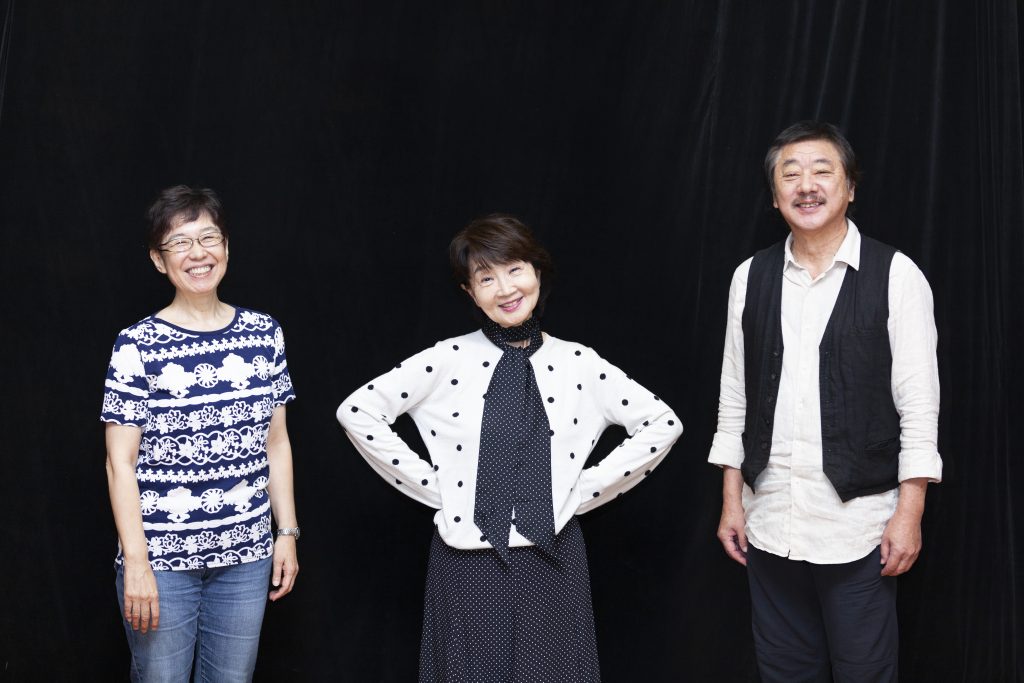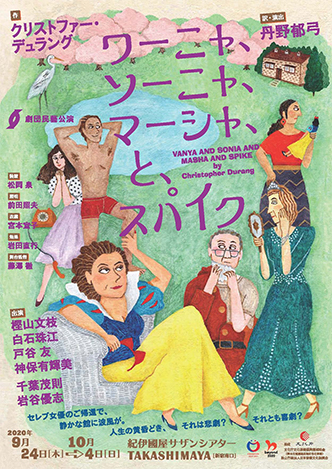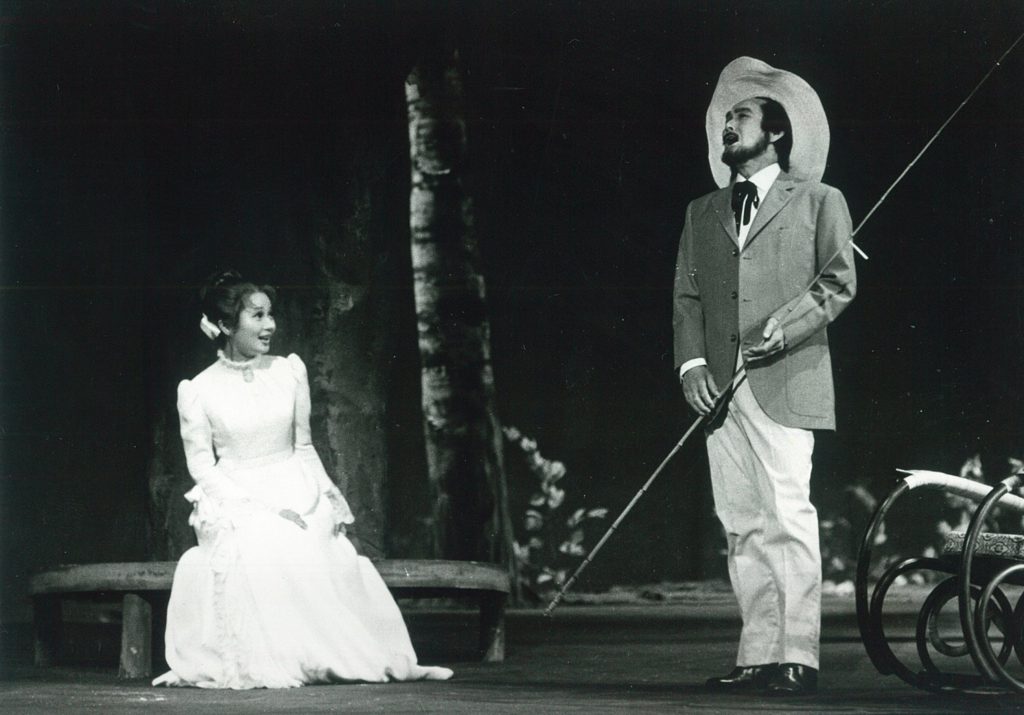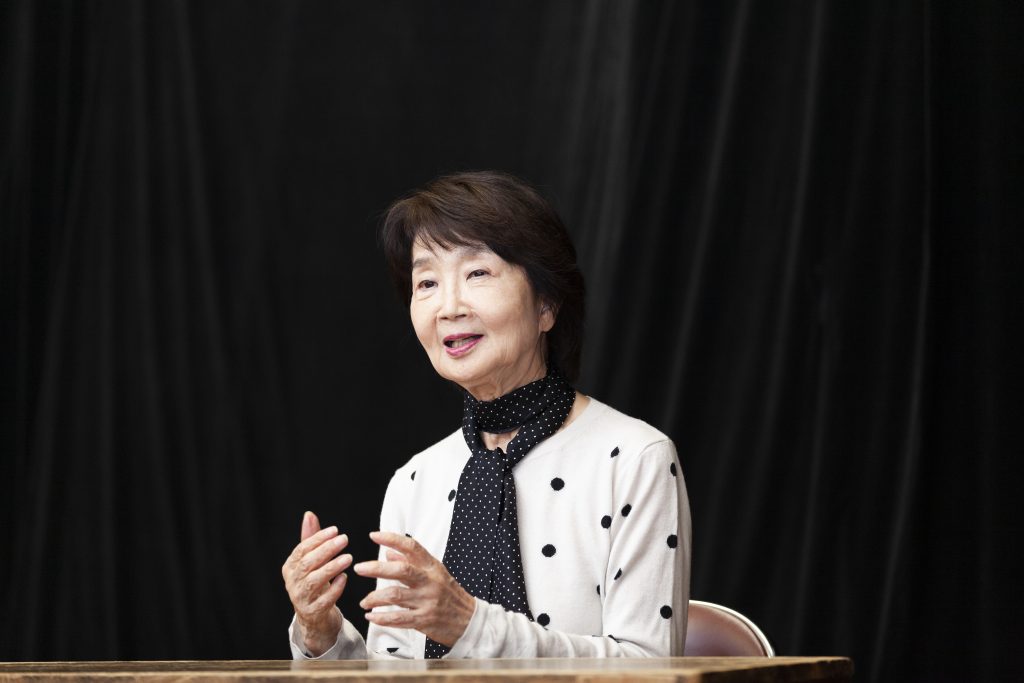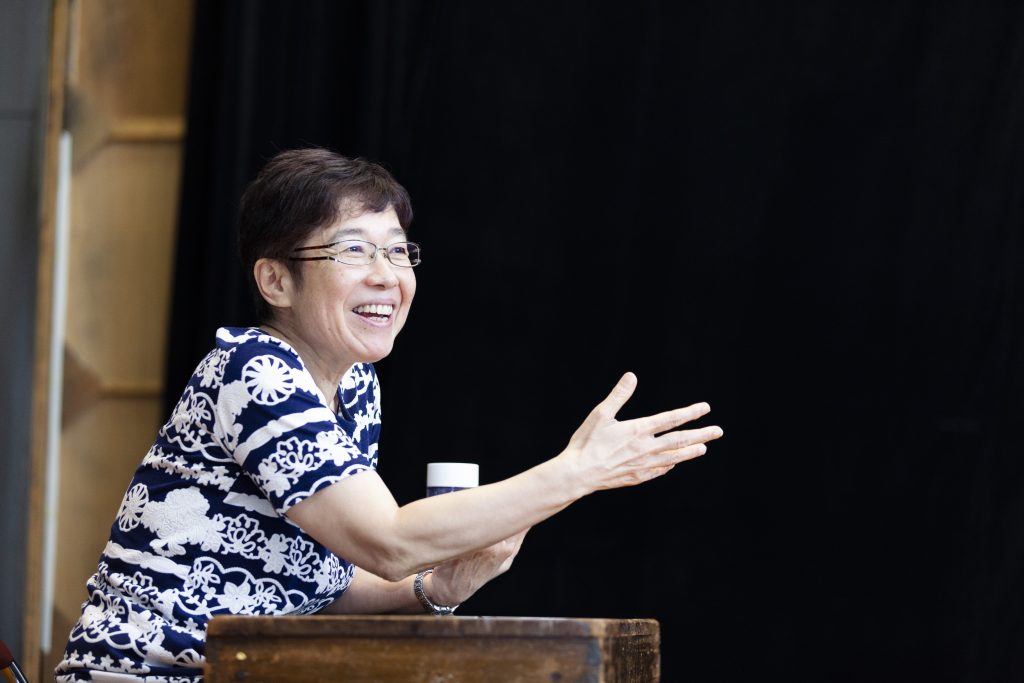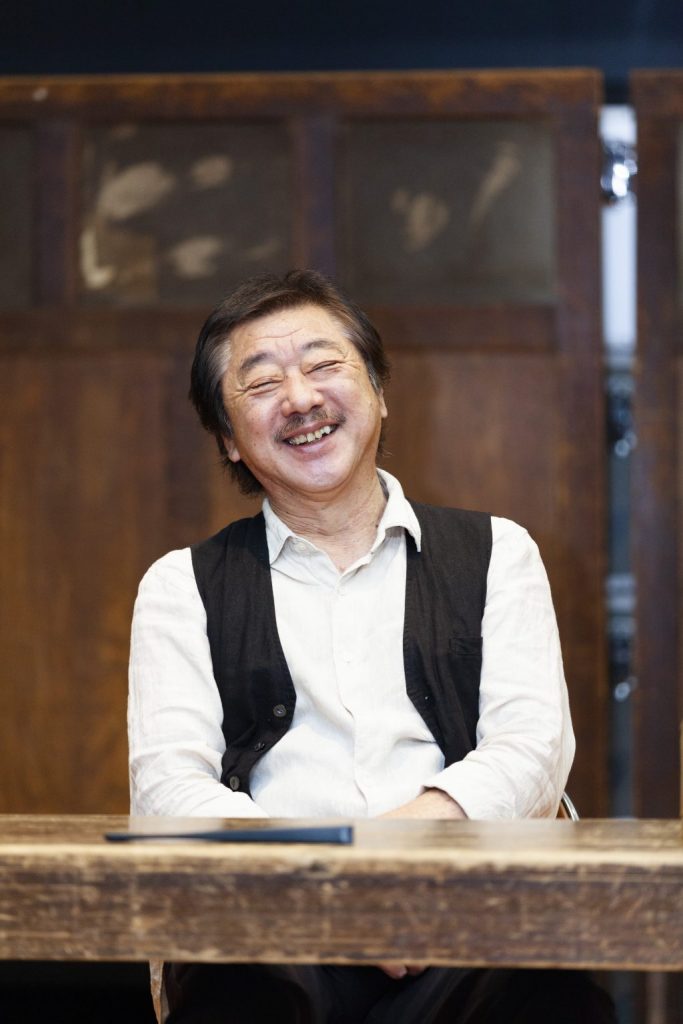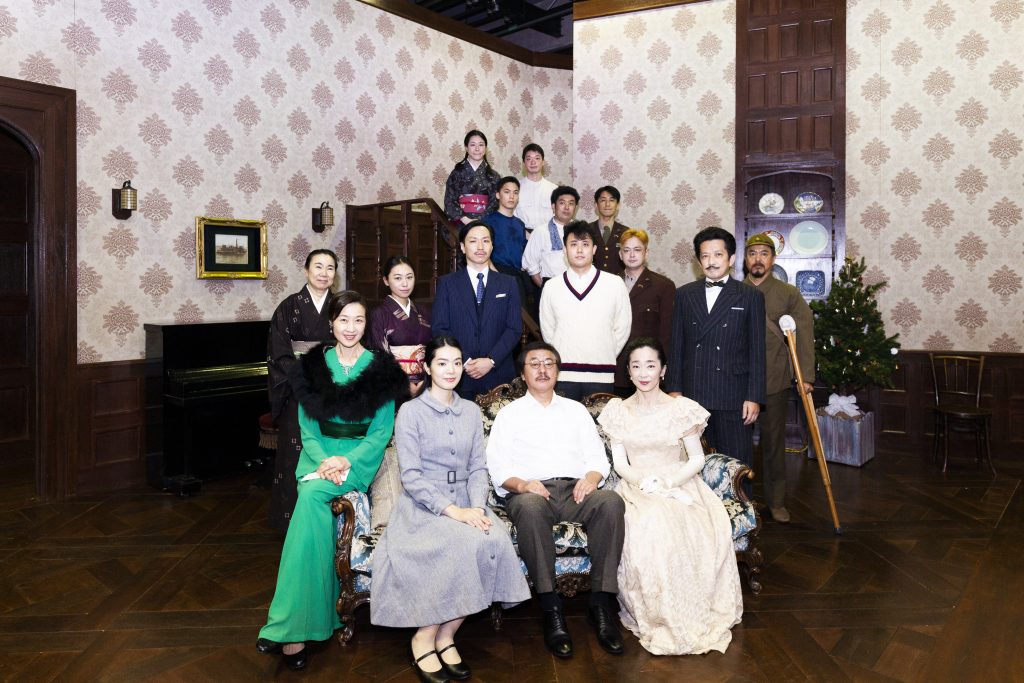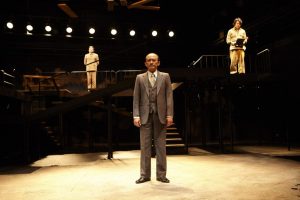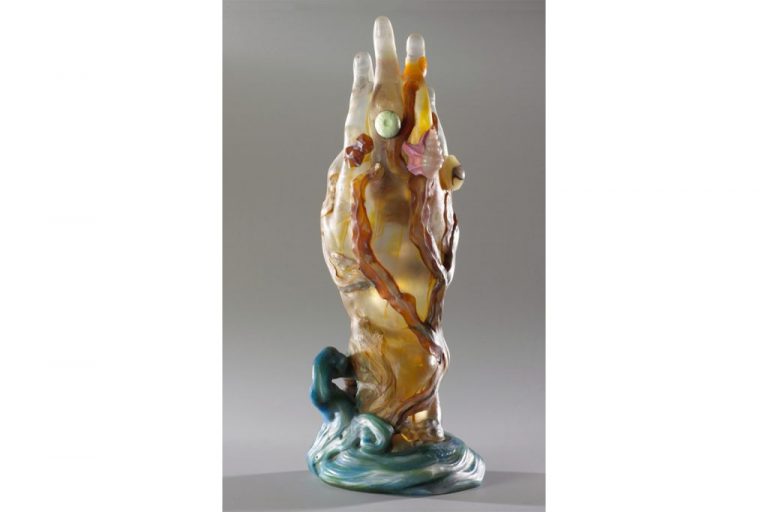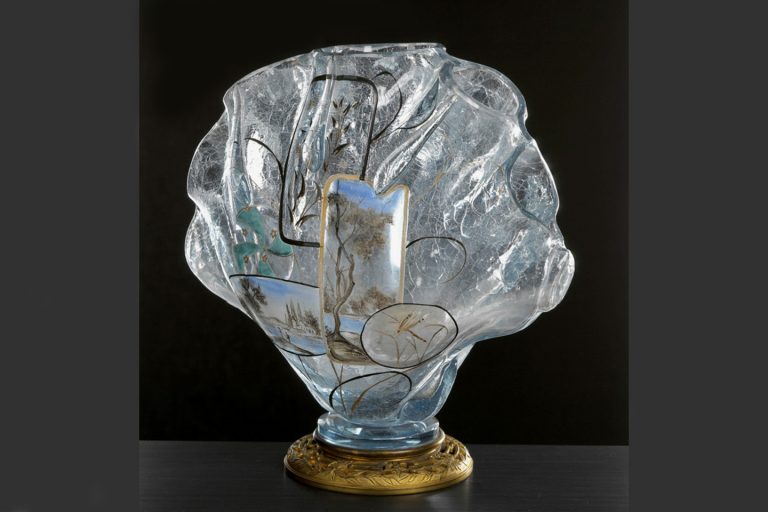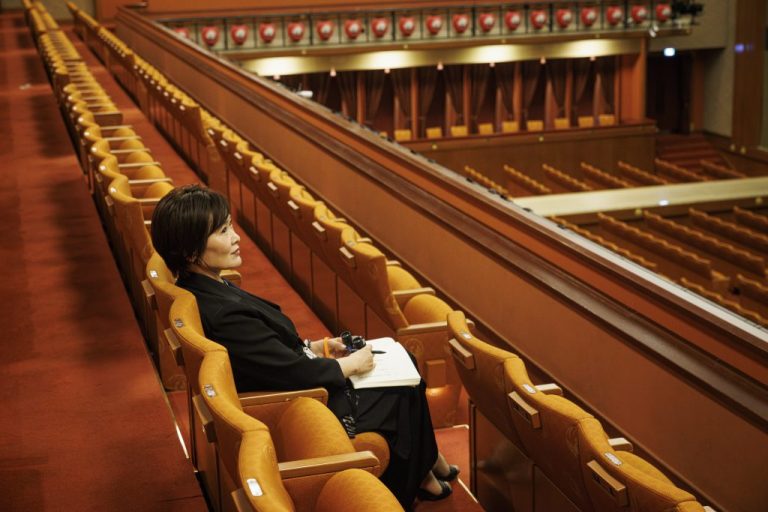Tanno: I think we owe the fact that the Mingei Theatre Company has continued its activities for 70 years to the efforts and amazing spirit of our predecessors and seniors.
Chiba: Rather than placing the emphasis on the fact that several decades have passed since the establishment of the Mingei Theatre Company, we should ask ourselves how to best express in our performances the unique power that we carry in any given moment. How to rise to the challenge of performing a play through hard work. I believe this is all we should do.


